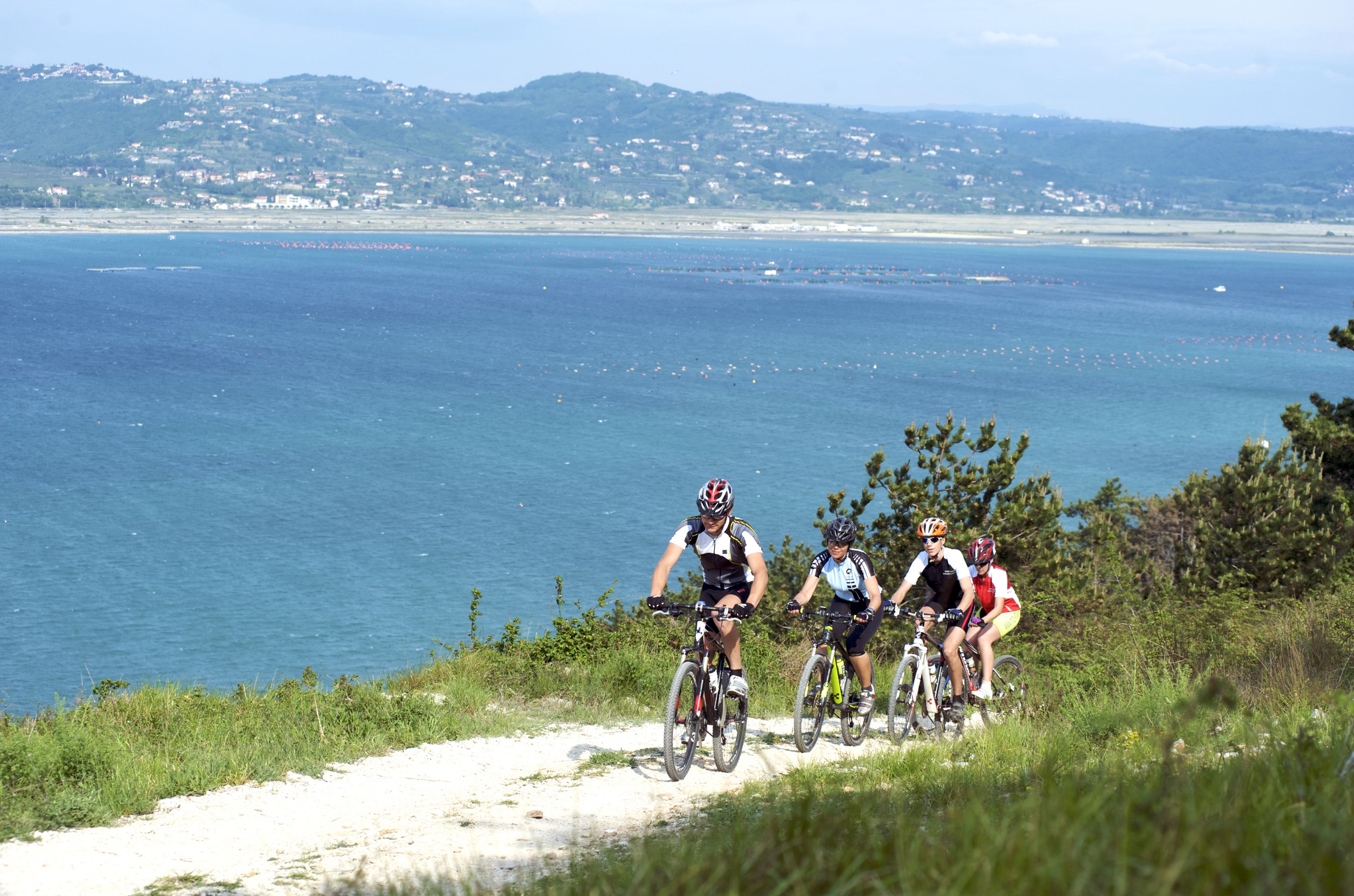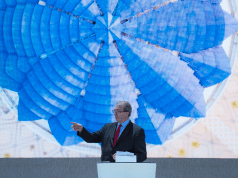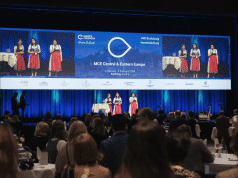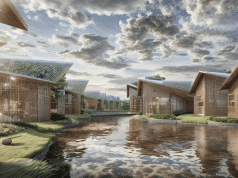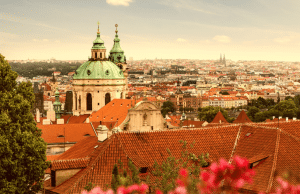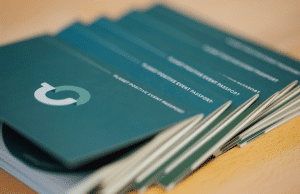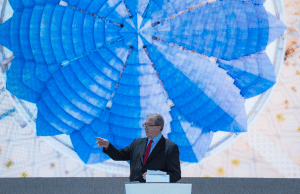How will things work, post-Covid-19? Will people even want to travel, or will they be too afraid?
An excellent question and the short answer is that yes, people will want to travel, but only if their fears are eased, only if they can be certain that the risks are minuscule. Just as we worked with all our travel partners on new security measures post-9/11 – and the list of those precautions would blow your mind – we will do the same after Covid-19.
We will need to ensure that all health guidelines are met and exceeded, so people will know that they are as safe, maybe even safer, on a planned and tightly managed incentive trip than they would be at home. That means a lot more than a few masks and a pamphlet on social distancing. It means knowing everything we can and controlling everything we can, from seating in a restaurant to the cleaning and sanitizing in a hotel, and a hundred other details. This would hold true until the eradication of Covid-19 though the effects will reshape an enduring way of living.
“It may feel a bit premature to say these things right now, obviously, but we are certainly thinking and preparing for that day, because it will come, and probably sooner than we expect. Even now, even in these tough days, we need to be planning. We need to be ready. Our clients will need us more than ever when this is over and our contribution will be an integral element in the recovery of business, client interaction and reshaping the incentive and travel industry.”
How to Create High-Impact Incentives Post-Covid-19
Seven Key Questions and Answers
Do people even want to think of incentives now?
It is absolutely crucial to check this at the very outset and be prepared for a sensitive and respectful discussion. You will need to make sure that delegates actually want to travel on an incentive and meeting in the first place, and chances are, some will have doubts and fears and some may just not want to travel at all. Many people are likely to be at least a bit hesitant for some time, and it is important to be respectful of this and take the time to explain all precautions and safeguards, in detail, upfront. We should plan, as a matter of normal business from now on, to address all concerns about health and safety in minute detail, and share safety tips with attendees, via digital communications and social media. If they are truly reluctant to travel, we must address their concerns, perhaps through a more limited or controlled proposal, or more local option.
How can we make the best of a difficult situation and have a bigger impact?
With all incentives or meetings, there is a big high after the event. This normally lasts a month or so. We can use the idea of an incentive – especially after such tough times as these past months – as even more of a morale booster, by front-loading engagement, making more innovative use of technology and connections, and maintaining some activities beyond the end of the incentive event itself. This could entail:
- Communicating and engaging more with participants in advance, using small work groups and planning groups and Zoom meetings top plan and create, and report to the wider groups of participants;
- Ensuring the program itself is more interactive, for the months before the event in particular. We can engage more with the destination and learn its history and culture. We can connect with motivational speakers, cooking classes, and strategic thinkers to drive sales in advance of even arriving at the destination. This will engage a bigger audience and create more excitement and engagement – and, therefore, more enduring results — before and after the event.
How can we overcome fear of social contact?
Make “social distancing” and essential hygiene work for you. Consider a buy-out of the hotel, which will ensure that you are the only guests. Spread room bookings throughout the hotel, with at least a space between each room.
How can we turn worries about the venue into a positive message?
Share details of the hotel’s standard (ideally, best practice) cleaning and hygiene processes, which should include such steps as temperature checks for all staff and guests on arrival, hand sanitizing, masks, and regular surface cleaning. Ask the hotel to keep guests updated with brief notices about on-site precautions, the timing of housekeeping and cleaning activities.
How can we use space to advantage, instead of making people feel uncomfortable?
- Encourage delegates to spread out and enjoy more elbow room than normal. If you have a group of 100 people, book a ballroom for 400. You can make the space feel cozy with intelligent use of lighting and props. Having extra space also sends a strong message to guests that their safety is being respected and protected.
- Also, use the travel budget to create more space on flights – choose business class if possible, or choosing airlines that are leaving an empty middle seat in economy class.
- For ground transportation, spread delegates out on buses, even if it means more vehicles, and think of bringing in positive transport options with a healthy undertone, such as walking, or cycling where appropriate.
What about greetings after all the talk of “washing your hands”?
Bring a cultural element to your safety measures. For much of the world, a handshake is not the preferred form of greeting. Why not learn, for example, from Asia, where the palms-together prayer gesture is an accepted greeting, or even something like an elbow bump. It takes the awkwardness out of greetings, and introduces a common bond – something important in any incentive event, which could bring the participants even closer together.
How can we protect our budget from the next disaster?
We can expect major revisions to all travel contracts after Covid-19. Make sure you are covered for disruption and cancelation, in a way that suits your budget (in other words, not just partial refund or vouchers). The time to do this is, of course, when negotiating the contract, not when trying to exit it.
ABOUT DAMION BREUST

For more than 30 years, Damion Breust has created incentives and events in Australia, the Asia-Pacific region, Europe, Africa, South America and the United States. He has lived in Australia, Japan, Singapore, and Greece, and worked for extended periods in the US and UK. His work has taken across the globe hundreds of times over. He has led teams at such global organizations as Barclays Bank, ANA Hotel, The Park Lane Hotel, BI Worldwide, and Sabre (formerly Abacus). Though remains a chapter Co-President of SITE (Society of Incentive Travel Experts) ANZ. He has just left a CEO role in Australia overseeing global incentive and travel operations to relocate to Athens, Greece. He’s now in semi-lockdown on the Greek island of Kalymnos, where he was working when his travel plans were canceled, and where he has been planning for what he calls “the post-Covid New World.”.


